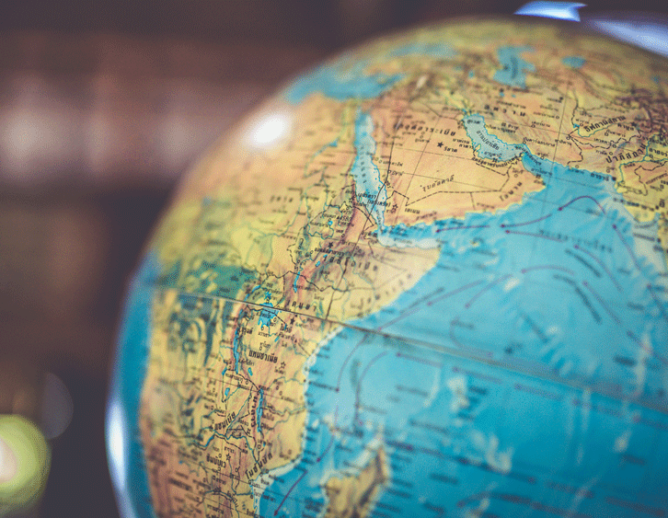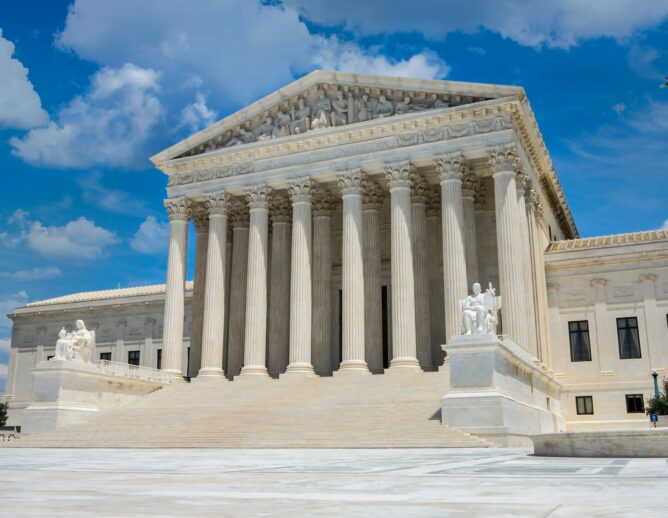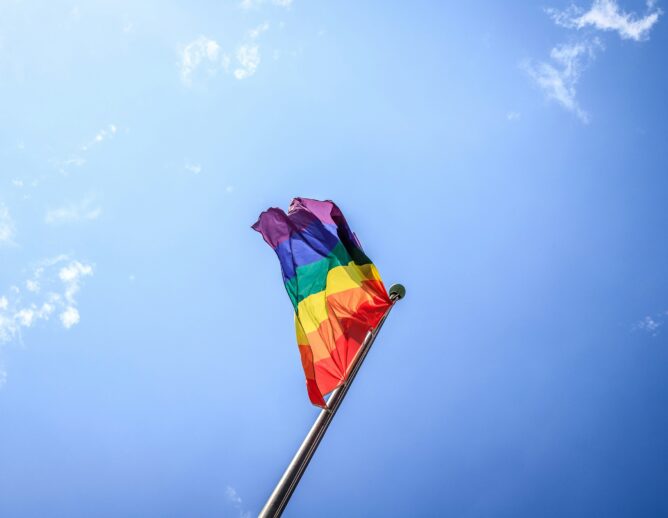Social protection has emerged as one of the key policy instruments to reduce inequality and poverty simultaneously, while also promoting inclusive growth. According to the concept note from the recent Ministerial Forum on Social Protection at the United Nations headquarters in New York -February 12, 2019-, currently, 187 countries have committed to establishing Social Protection Floors (SPF) to provide a nationally defined set of fundamental social security guarantees and build progressively comprehensive social protection systems.
According to the International Labor Organization (ILO) the SPF are “nationally defined sets of basic social security guarantees that should ensure, as a minimum that, over the life cycle, all in need have access to essential health care and to basic income security which together secures effective access to goods and services.” The SPF is intended to ensure, at a minimum that, over the life cycle, all people in need have access to essential health care, including maternity care, without risk of hardship and an increased risk of poverty, and basic income security throughout the life course, including in case of maternity, sickness, disability, employment injury and old age.
However, while much progress has been made in the last decade, significant coverage gaps remain given that only 45.2 percent of the global population is covered by at least one social protection cash benefit. If we look at the health component of the SPF, the efforts from the World Bank and the World Health Organization that monitor coverage of essential health is not delivering better numbers. At least half of the world’s population do not have full coverage of essential health services, and about 56 percent of the rural population lack health coverage, compared to 22 percent in urban areas. With these results, international commitments and partnerships have been quickly mobilizing efforts and resources. Universal Social Protection 2030 has been one of the first reactions. This initiative co-lead by The World Bank and the ILO together with another 25 partners including (UNICEF, UNDP, FAO, IDB) was created with the idea of hosting a platform that includes resources to track progress and results, and partner support tools to promote real action from committed countries in creating Social Protection policies and plans.
Building a platform in collaboration with donors and the technical assistance of the international organizations became a necessity after realizing that even when the commitments of countries were genuine, 55 percent of the global population is still excluded from the gains of a protected life cycle, therefore, it was (and still is) urgent to ask for efforts to ensure that the human right to social protection becomes a reality for all, and to achieve the goals set by the 2030 Sustainable Development Agenda. The Mission Statement of this platform demands five concrete actions from countries which want to access the assistance offered in this flagship: 1. Protection throughout the life cycle, 2. Universal coverage, 3. National ownership, 4. Sustainable and equitable financing, 5. Participation and social dialogue.
A closer look at the brand-new webpage of the platform gives an idea of the motto of Universal Social Protection 2030, the organizations behind it, and some initial publications and tracking tools. Perhaps it is too soon to expect for copies of formal commitments between countries and donors, but, in any case, there is no sign of early promises beyond the acknowledge of the urgency of the global request of action. We must remember this is not the first attempt of ILO and others to foster the debate and action towards Social Protection Schemes for the most vulnerable. So, I hope this genuinely comprehensive effort is going to be fully supported by countries, the only ones with the real capacity to change the course of history in terms of social inclusion. But beyond all, I also hope this collaborative synergy which includes not only United Nations agencies but other organizations in the global spectrum is going to be understood as a joint call to action and get to see the materialization of ideas and changes in global numbers around human protection.




